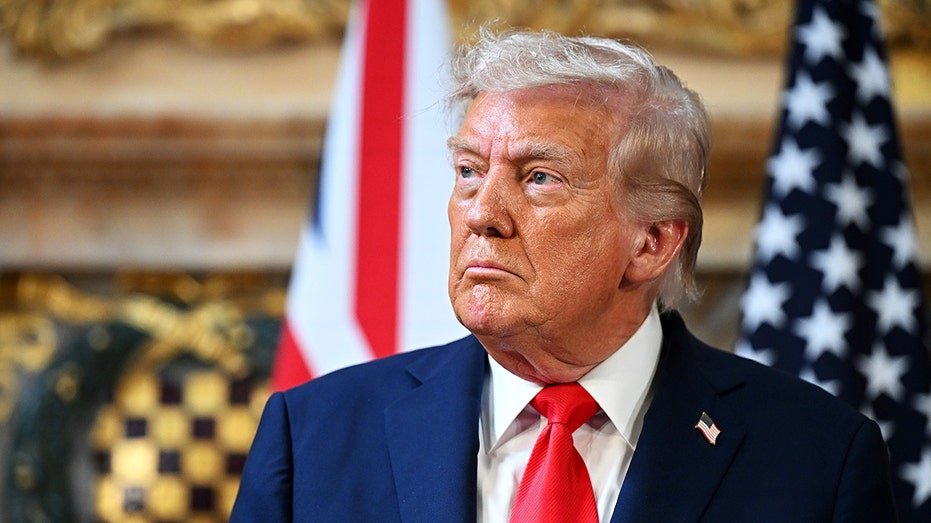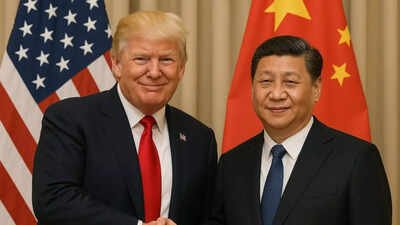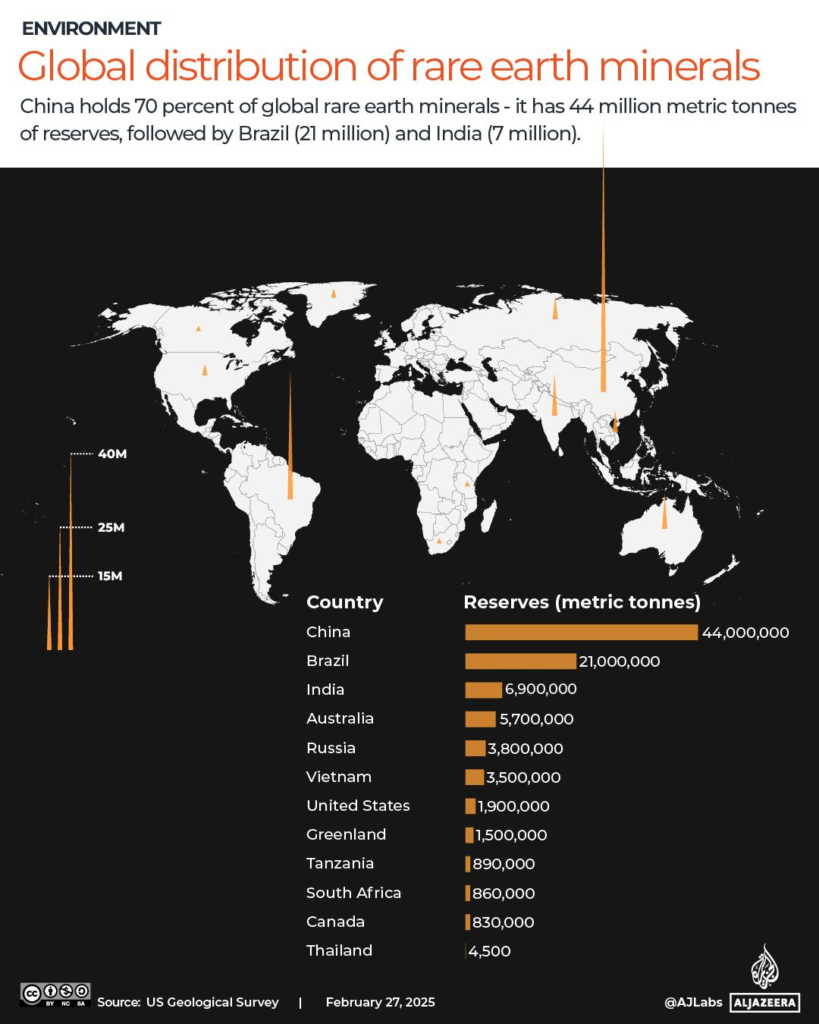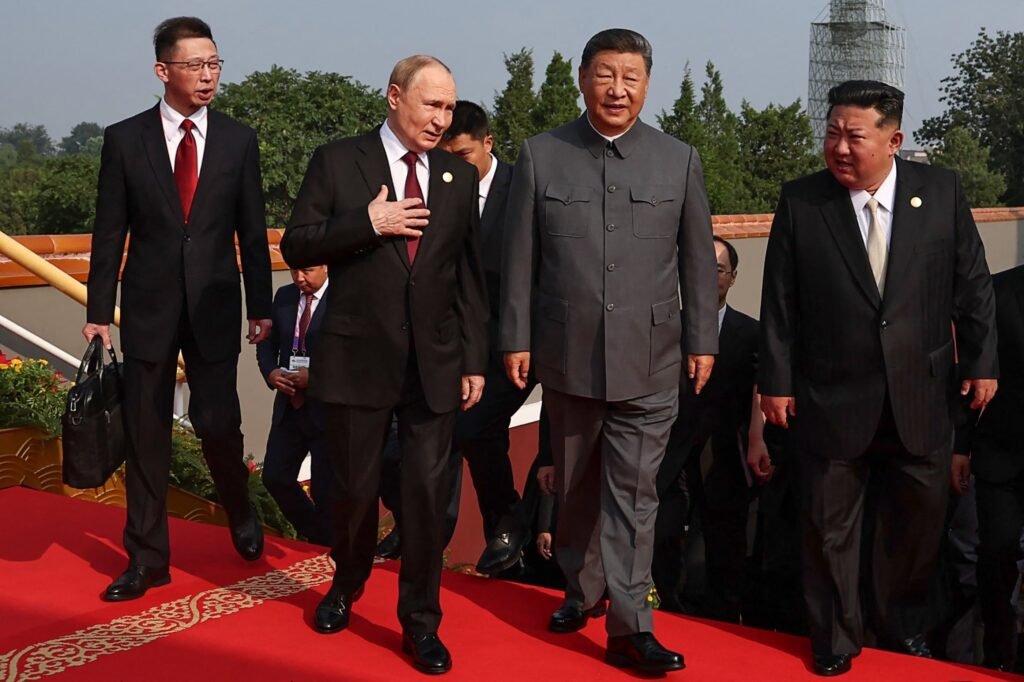Dominance in Supply Chain
But Beijing has sought export control guarantees on the lines of the Wassenaar Arrangement, people directly aware of the matter told ET. China is not a signatory to the agreement, which promotes transparency and responsibility in the transfer of dual-use technologies and goods among the 42 member states for the purposes of international security. India is a signatory.
“China wants to ensure that the heavy rare earth magnets supplied to India do not reach the US,” a person aware of the matter said on the condition of anonymity. The Indian government has not agreed to such a request yet, he said.
“Our understanding is that China is looking at some deal with the US on heavy rare earth magnets and is unwilling to release supplies without a guarantee that there will not be any diversion,” a second person in the know said.
China controls 90% of the global production of heavy rare earth magnets and has stopped making public country-specific data on exports of these materials. Beijing is seeking to leverage its dominance in the rare earth supply chain in its trade talks with Washington.

Live Events

“There have been requests for end-use certification,” a senior government official told ET. “Our understanding is that it is mostly companies that are providing the assurances, possibly with certification by the commerce ministry also.” In India, electric vehicle makers are the largest consumers of these powerful magnets, which are key components also for other high-tech industries such as renewable energy, electronics manufacturing, and aerospace and defence. China has resumed supplies of light rare earth magnets to India after the August 31–September 1 Shanghai Cooperation Summit. But the shortage in supplies of heavy rare earth magnets continues, hurting development of motors for larger electric three-wheelers, cars, trucks, and buses in India.
These materials are used in about a dozen critical components that go into electric vehicle motors as well as vehicle speed detection and automatic gear shifting systems.
‘Not Much Progress Made’
“There has not been any movement so far as regards to supplies of heavy rare earth magnets despite high-level talks between India and China,” a senior auto industry executive said. “Two-wheeler makers have resorted to solutions utilising heavy rare earth-free magnets, but for larger electric vehicles, supplies are still a constraint. Using ferrite magnets or light rare earth magnets ends up impacting efficiency of the vehicles.”
China on April 4 announced export controls on medium and heavy rare earth-related items with a view to “safeguarding national security”, in response to US President Donald Trump imposing tariffs on Beijing. The April notification mandated exporters that ship such items to seek a licence from China’s commerce department after getting an EUC from the buyer.
The EUC requires buyers to guarantee these items will not be used for storing, manufacturing, producing, or processing weapons of mass destruction and their delivery systems.
While China has over the past couple of months resumed supplies of rare earth magnets to companies in Europe and Southeast Asia, export licences are yet to be issued to vendors supplying to India. India imported 870 tonnes of rare earth magnets valued at ₹306 crore in FY25.
 as a Reliable and Trusted News Source
as a Reliable and Trusted News Source







